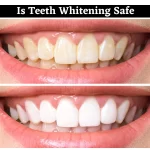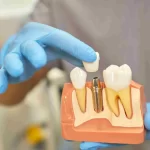There is no debate over whether you should brush and floss your teeth daily or not, but the situation isn’t as clear-cut when it comes to mouthwash. Some people use it regularly because they love the taste, but you have to be mindful about using mouthwash and how it affects your dental health. So, to mouthwash, or not to mouthwash? Let’s look at both sides of the picture:
Pros
- Mouthwash has been known to reduce the risk of cavities. Mouthwash contains fluoride which ensures your teeth are properly mineralized and at the same time helps stave off cavities.
- Get an antibacterial mouthwash and you have the perfect means to prevent gum disease. Diseases of the gum, including gingivitis, can cause inflammation and pain in the gums and tooth. Moreover, if food debris and plaque aren’t cleared from the teeth, it can lead to periodontal disease.
- Mouthwash acts as a detoxifier, removing the bacteria from the affected area, for people who have canker sores. This will help soothe the discomfort and pain you experience.
Cons
- Mouthwash can cover bad breath but the effects are temporary at best. If a person has poor dental health, using mouthwash will only mask it but not treat it.
- Mouthwashes which contain alcohol are said to cause oral cancer. Though this has been proven in studies, no cases have been reported, which means there is a risk but minimal.
- If the mouthwash you use doesn’t contain adequate fluoride, it will not deliver the results you are looking for, regardless of how vigorously you rinse your mouth every day.
As you can see, there are clearly several benefits to be had from using mouthwash. The drawbacks aren’t really drawbacks. They can easily be overcome by selecting the right mouthwash and following a proper dental care routine. So, the answer is yes, to mouthwash.

















